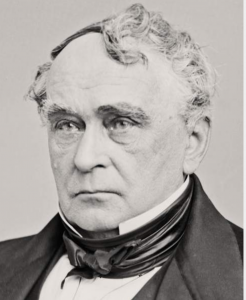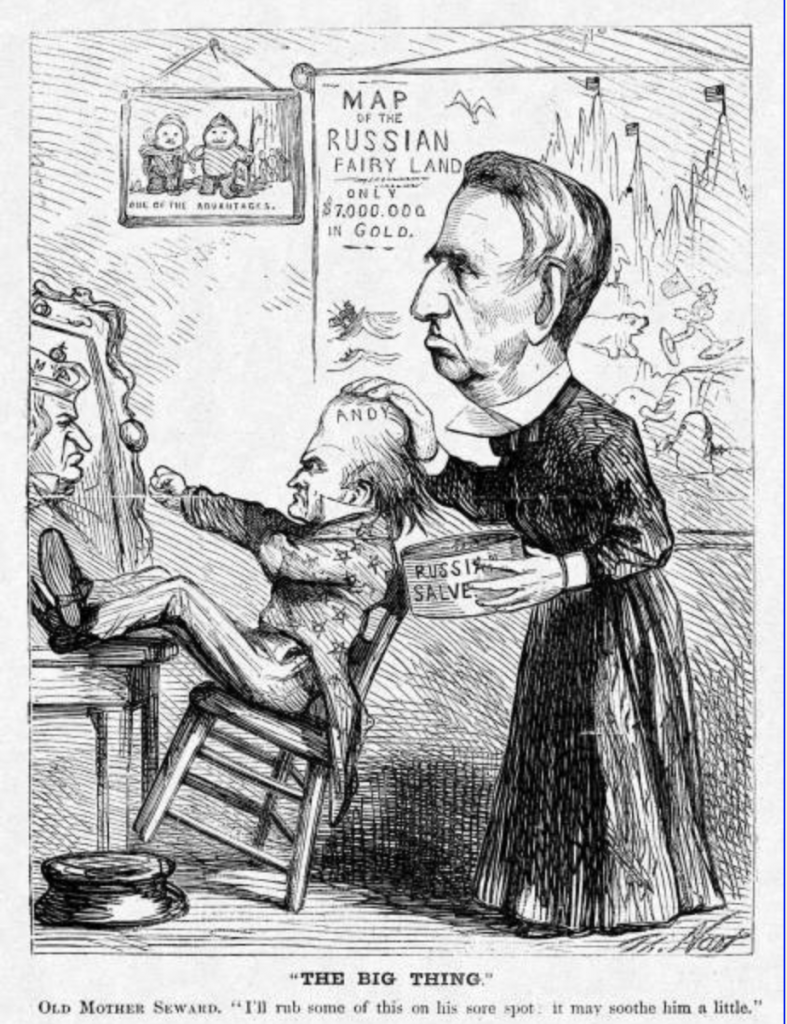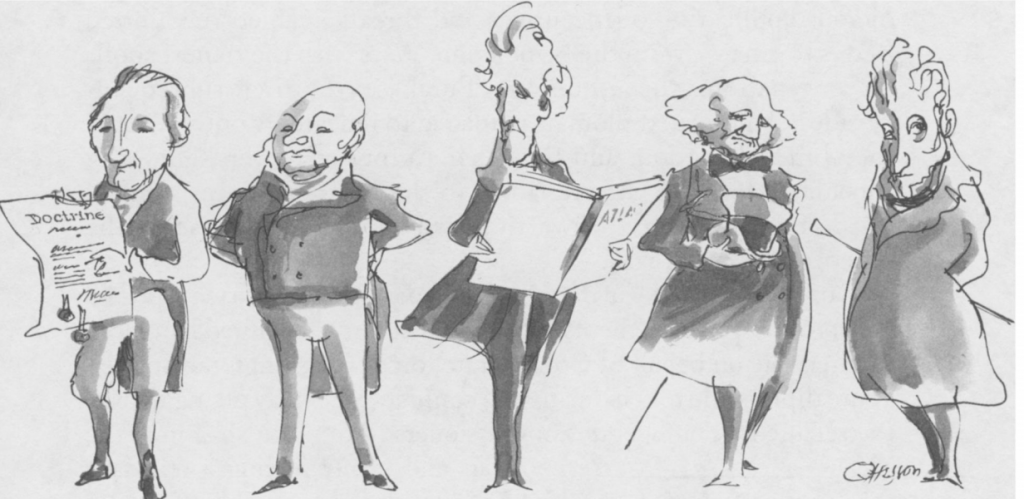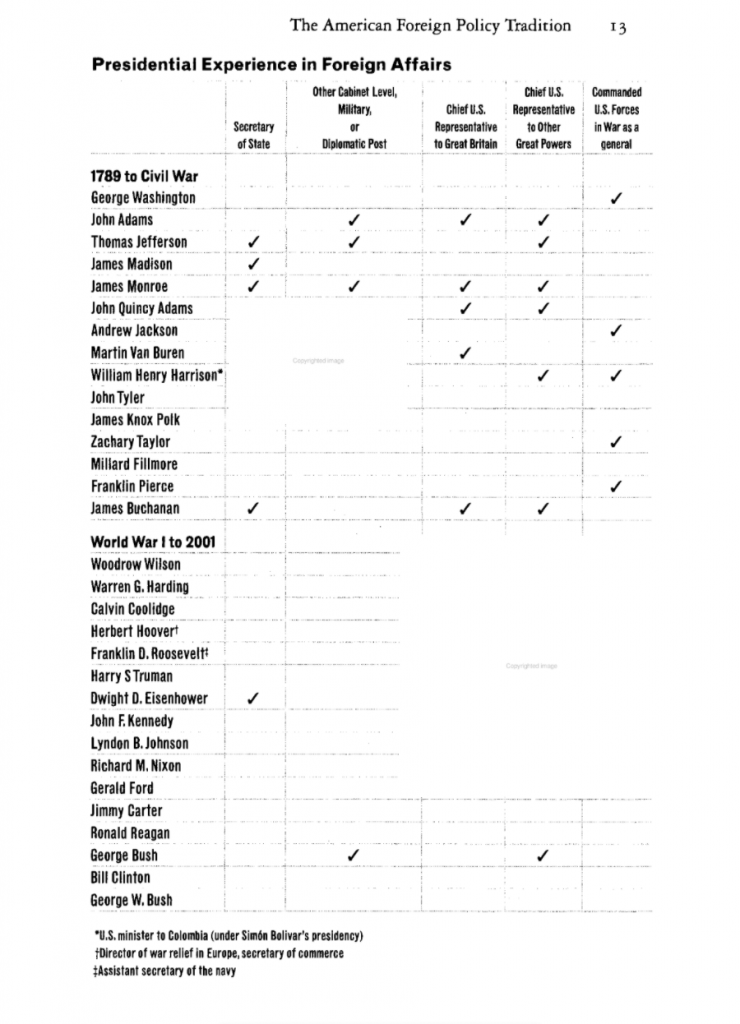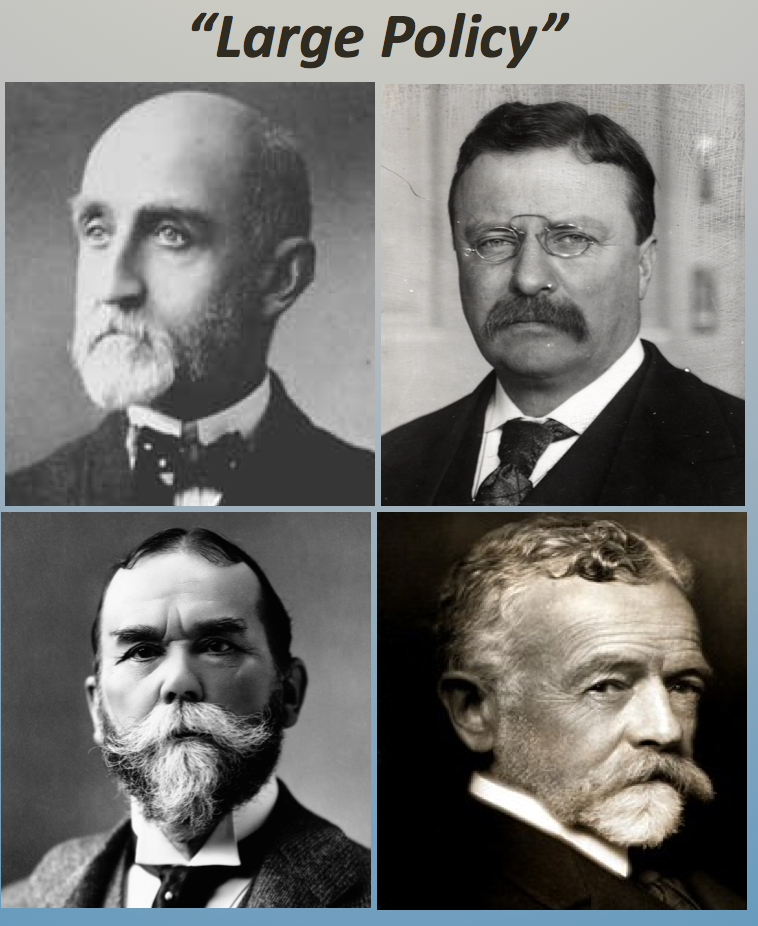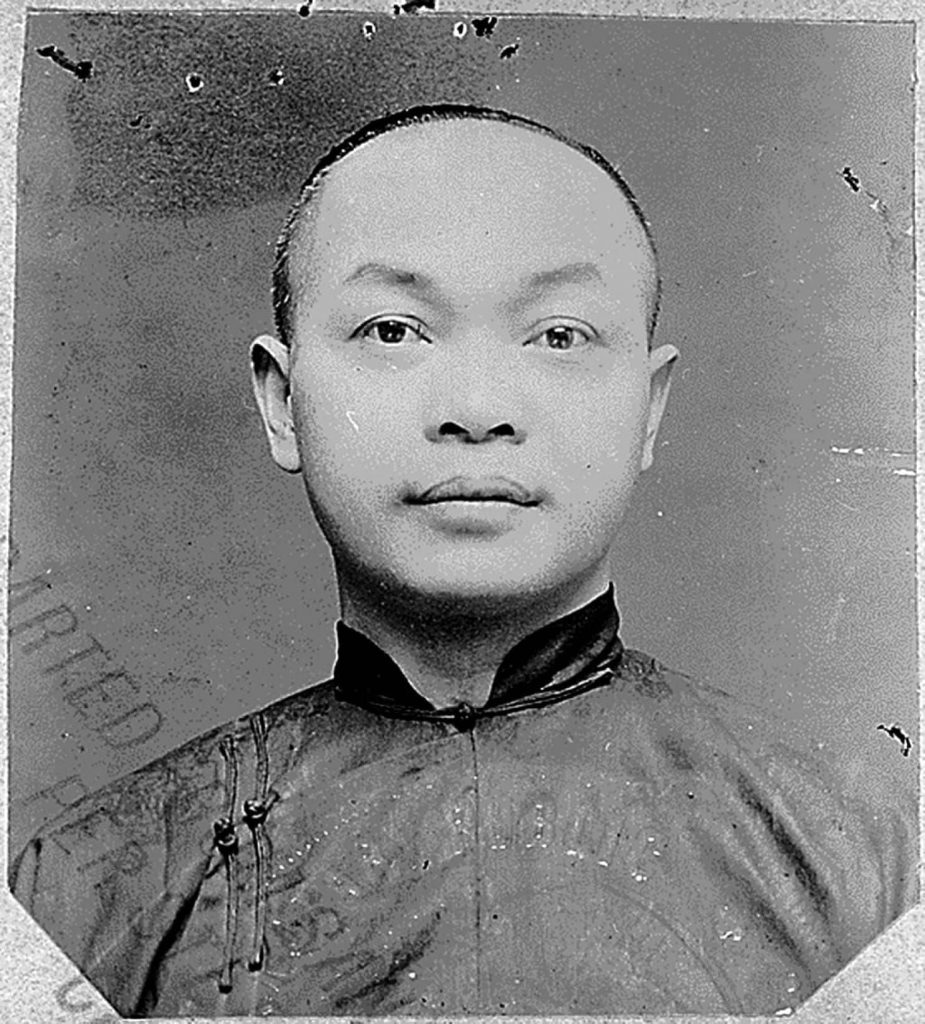“That Lincoln was serious about understanding the exact nature of the international law of war is the organizing thesis of another recent prize-winning historical study. John Fabian Witt’s Lincoln’s Code (2012) argues that one of the Civil War’s most enduring global legacies was in establishing modern legal precedents for wartime codes of conduct. Witt describes how almost simultaneous with the development of its emancipation policy, the Lincoln administration was also commissioning a Columbia University political scientist named Francis Lieber to compile a series of orders for the Union army directing their conduct toward belligerents and civilians under the highest standards of contemporary laws of war. Lieber was a German immigrant who had taught for years in South Carolina and who had sons in both armies. Widely respected as a scholar, Lieber produced General Orders No. 100 in April 1863 which became known as the Lieber Code, and which later provided critical precedents for The Hague and Geneva conventions of war.” –Matthew Pinsker, Law of War, Lincoln and War Powers, House Divided Project [WEB]
Discussion Questions
- Why did international law even matter for regulating conduct in an American civil war?
- How would you recommend introducing the subject of nineteenth-century international law to students in middle or high school?
Francis Lieber might be considered both the first American political scientist and one of the founders of the modern international laws on war. Lieber was born in Germany at the end of the eighteenth century, soon became a leading scholar, but also fought against Napoleon’s armies during the Waterloo campaign of 1815. He emigrated to America in 1827 and helped to edit the new Encyclopedia Americana. For over two decades, he taught at South Carolina College and published several leading treatises on subjects related to politics and ethics. An opponent of slavery, Lieber relocated to New York in 1856, accepting the first American professorship designated in the field of “political science” with Columbia University. During the Civil War, Lieber drafted a code of conduct for the Union Army known as the Lieber Code that President Lincoln issued as General Orders. No. 100 and which later became an important precedent for twentieth century international conventions on war established at The Hague and Geneva.
Additional Material
- Francis Lieber (b. March 18, 1798 (est.) in Berlin; d. October 2, 1872 in New York City)
- Three of Lieber’s sons fought in the Civil War –two for the Union and one for the Confederacy. One son lost an arm and the son who fought for the South died.
- Lieber once wrote that memory is “the most useful and indispensable of all instruments in all pursuits.” (Miscellaneous Writings, 1881, p. 29)
- Excerpt from biographical profile by M.R. Thayer (published in Miscellaneous Writings): “His method of teaching was such as to make the subject attractive in the highest degree to his students, and they thoroughly understood everything they learned. He never read lectures, but expounded his subject, in terse, familiar language, and impressed them by copious and happy illustrations. At the end of every recitation he gave out what for the next time they ought to read collaterally, and what peculiar subjects or persons they ought to study, besides the lesson. He caused them to read poetry and fiction, in connection with history, to see how great writers had conceived great characters. He relied much upon the blackboard. To one he would give chronology, to another geography, to another names, to another battles. Four large blackboards were in constant use at the same time, and often a considerable part of the floor besides.” (p. 34)
- One of Lieber’s favorite expressions was that books, like men, were useless without a stiff back.
Further Reading
- Frank Friedel, Francis Lieber: Nineteenth Century Liberal (1947)
- Burrus Carnahan, Act of Justice: Lincoln’s Emancipation Proclamation and the Law of War (2007)
- John Fabian Witt, Lincoln’s Code: The Laws of War in American History (2012)

